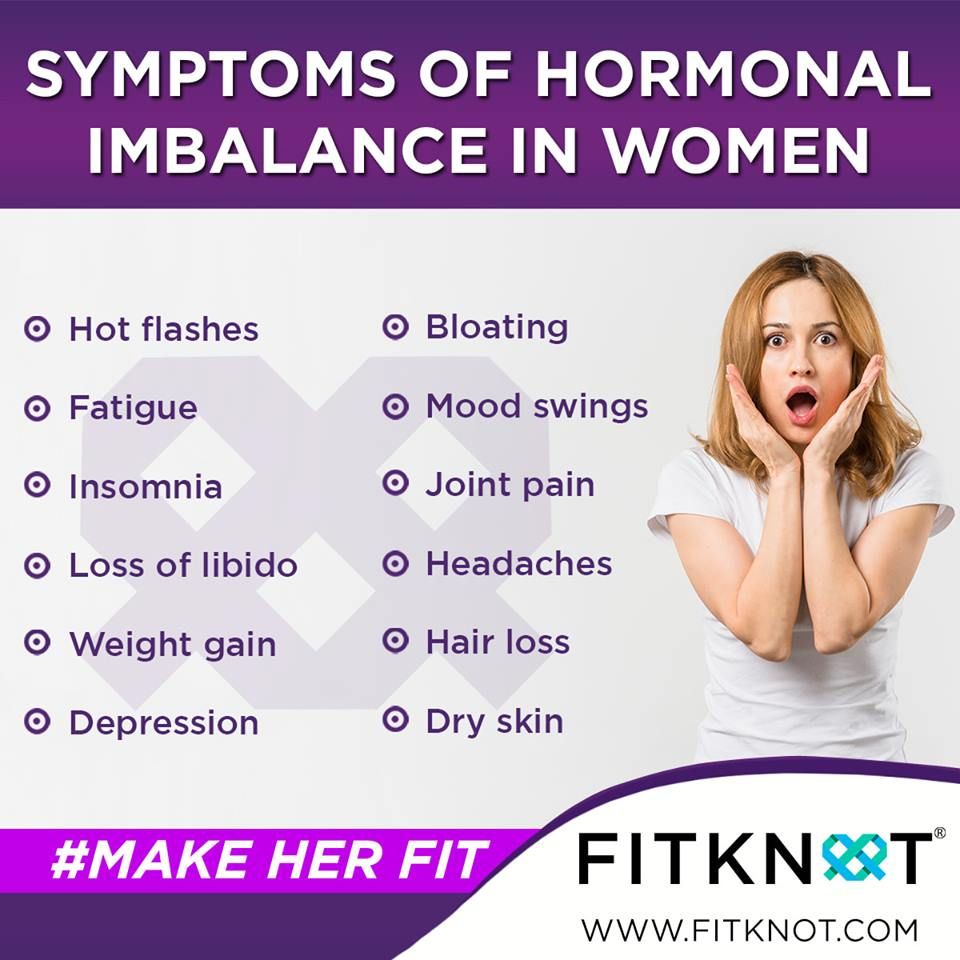
How Hormonal Changes Impact Women’s Physical and Mental Health
Hormonal changes are a natural part of a woman’s life. From puberty to menopause, fluctuations in hormone levels can significantly impact both physical and mental health. Understanding how these changes affect women is crucial in providing appropriate care and support.
Puberty and Adolescence
Puberty marks the beginning of hormonal changes in girls. The onset of menstruation indicates the maturation of the reproductive system. During this phase, girls may experience mood swings, irritability, and physical discomfort due to hormonal imbalances. Educating young girls about the changes they will experience and providing emotional support is essential in helping them navigate this challenging time.
Menstruation
Each month, a woman’s body prepares for pregnancy through the menstrual cycle. Hormonal changes during this time can lead to physical and emotional symptoms commonly known as premenstrual syndrome (PMS). Symptoms can range from mild to severe, including bloating, breast tenderness, mood swings, anxiety, and fatigue. Adequate self-care, healthy lifestyle choices, and seeking medical advice when necessary help women manage these symptoms effectively.
Pregnancy and Postpartum Period
Pregnancy is a time of immense hormonal changes as the body adapts to support the developing fetus. These changes can impact a woman’s physical and mental health. Common physical symptoms include morning sickness, swollen joints, and fatigue, while emotional well-being can be influenced by mood swings, anxiety, and depression. Prenatal care, proper nutrition, exercise, and support from healthcare professionals and loved ones are vital in ensuring a healthy pregnancy and postpartum period.
Perimenopause and Menopause
Perimenopause refers to the transitional phase leading up to menopause, marked by irregular menstrual cycles and hormone fluctuations. The major hormonal change occurs during menopause when a woman’s ovaries stop producing eggs and hormone production drops significantly. These hormonal shifts can cause a range of physical and emotional symptoms such as hot flashes, night sweats, insomnia, mood swings, and decreased libido. Medical interventions and lifestyle changes, including hormone therapy and self-care practices, can help women manage these symptoms and improve their overall well-being.
Impacts on Mental Health
Hormonal changes in women can have a significant impact on mental health. Fluctuating hormones can contribute to the development or worsening of mood disorders such as depression and anxiety. Estrogen, in particular, has been linked to serotonin levels, a neurotransmitter that regulates mood. When estrogen levels are low, as during perimenopause or menopause, mood disturbances may occur. It is important for women experiencing emotional changes to seek support from mental health professionals to better manage their mental well-being.
Seeking Help and Support
If you are a woman experiencing significant physical or emotional symptoms due to hormonal changes, it is essential to seek help and support. Consult your healthcare provider who can provide guidance and appropriate treatment options. Additionally, reaching out to support groups, therapists, or other women who have gone through similar experiences can provide valuable insights and a sense of community.
Conclusion
Hormonal changes are an integral part of a woman’s life, impacting both physical and mental health. By understanding and acknowledging these changes, women can take proactive steps to manage their well-being throughout various stages of life. Seeking medical advice when needed, practicing self-care, and connecting with support systems are crucial in navigating the challenges that hormonal changes may bring.

